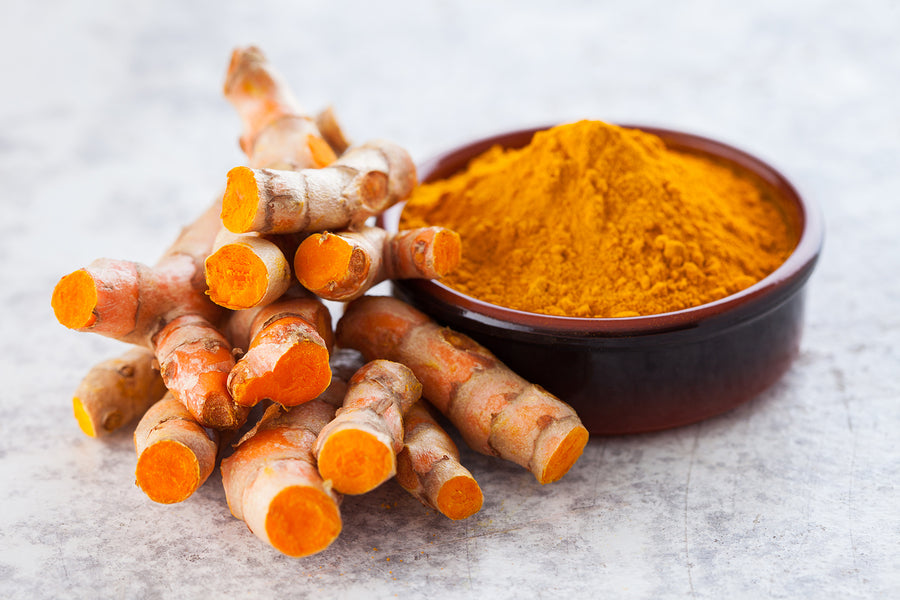
Vitamin C Serum vs. Turmeric: Natural Brightening Options
When it comes to brightening skin and evening out skin tone, Vitamin C serum and turmeric are two popular options. But which one is more effective? Should you stick to scientifically formulated serums or opt for natural remedies? Let’s break it down so you can make the best choice for your skin.
Why Brightening Matters
Hyperpigmentation, dullness, and uneven skin tone are common concerns caused by sun exposure, acne scars, and pollution. Brightening ingredients help by reducing melanin production, increasing skin cell turnover, and enhancing glow.
For a deeper look at how brightening ingredients work, check out The Science of Active Ingredients: Niacinamide, Vitamin C & Hyaluronic Acid.
Vitamin C Serum: The Science-Backed Brightener
Vitamin C is a powerful antioxidant that fights free radical damage while brightening skin. Here’s how it works:
- Reduces Hyperpigmentation – Inhibits melanin production, helping fade dark spots.
- Boosts Collagen Production – Helps maintain skin elasticity and firmness.
- Fights Free Radicals – Protects against UV and pollution-related skin damage.
Best Forms of Vitamin C for Skin
- L-Ascorbic Acid – The most potent but requires stable formulation.
- Sodium Ascorbyl Phosphate (SAP) – More stable and gentler on sensitive skin.
- Magnesium Ascorbyl Phosphate (MAP) – Hydrating and brightening.
To learn more about different Vitamin C formulations, check out Vitamin C Demystified: Forms, Stability & Skin Benefits.
How to Use Vitamin C Serum for Best Results
- Apply in the morning after cleansing.
- Follow with moisturizer and sunscreen to prevent further damage.
- Pair with niacinamide for enhanced brightening benefits.
Turmeric: The Natural Alternative
Turmeric has been used in Ayurvedic and traditional skincare for centuries due to its anti-inflammatory and antioxidant properties.
Benefits of Turmeric for Skin
- Fades Dark Spots – Contains curcumin, which helps reduce pigmentation.
- Soothes Inflammation – Helps calm acne and redness.
- Fights Free Radicals – Provides antioxidant protection similar to Vitamin C.
Limitations of Turmeric
- Staining – Turmeric can leave a yellowish tint on the skin.
- Irritation – Raw turmeric may cause sensitivity or allergic reactions.
- Inconsistent Results – Homemade turmeric masks lack stability and proper formulation.
Vitamin C Serum vs. Turmeric: Which One Wins?
|
Feature |
Vitamin C Serum |
Turmeric |
|
Brightening Power |
✅✅✅ High |
✅✅ Moderate |
|
Hyperpigmentation Reduction |
✅✅✅ Effective |
✅ Mild |
|
Ease of Use |
✅✅✅ Easy |
❌ Can stain & cause irritation |
|
Antioxidant Benefits |
✅✅✅ Strong |
✅ Moderate |
|
Best For |
Dull skin, dark spots, anti-aging |
Mild brightening, soothing redness |
Best Approach? Stick to Serums for Reliable Results
If you want a proven, stable, and effective brightening routine, Vitamin C serums are the better choice. While turmeric has benefits, DIY skincare can be risky and inconsistent.
For a detailed breakdown on why lab-tested serums outperform homemade remedies, read DIY Skincare Dangers: Why Serums Beat Home Remedies.
Final Thoughts
Both Vitamin C and turmeric offer skin-brightening benefits, but Vitamin C serums provide faster, safer, and more consistent results. If you love natural skincare, look for turmeric-infused serums rather than DIY masks. Stick to science-backed formulations for glowing, even-toned skin!

